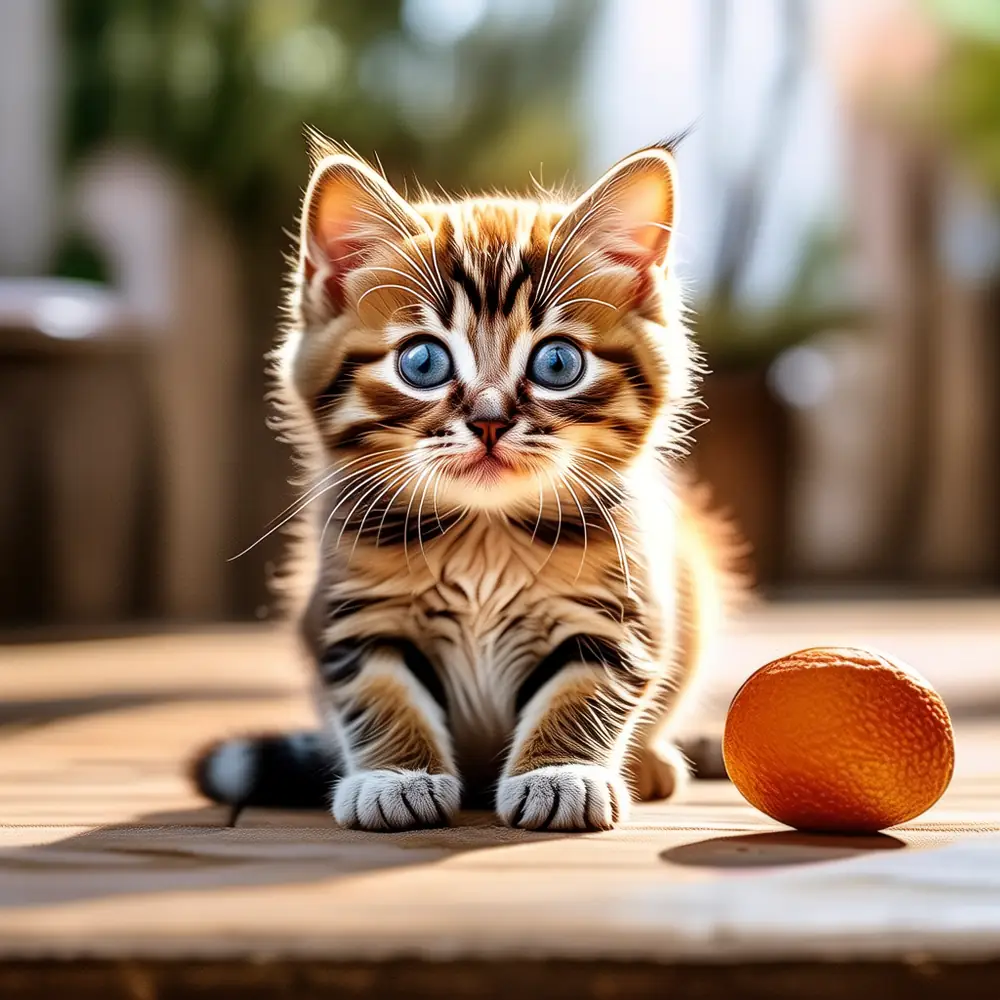Golden Years, Golden Care: Nurturing Your Senior Cat's Health
As your feline friend enters their golden years, it’s more important than ever to pay close attention to their health. Just like with humans, the needs of senior cats can change dramatically, and being proactive about their care can make a huge difference in their quality of life. Regular check-ups, a balanced diet, and a comfortable environment are key to ensuring your pet stays happy and healthy well into their twilight years.
One of the most crucial steps in caring for a senior cat is regular veterinary check-ups. As cats age, they become more susceptible to various health issues such as kidney disease, arthritis, and dental problems. By scheduling bi-annual visits to the vet, you can catch these issues early and manage them effectively. For example, if your cat is diagnosed with arthritis, your vet might recommend joint supplements or even physical therapy to keep them mobile and pain-free.
Another important aspect of senior cat care is maintaining a balanced diet. Older cats often have different nutritional needs compared to their younger counterparts. Look for high-quality, senior-specific cat food that is lower in calories but higher in fiber and antioxidants. This can help prevent obesity, which is a common issue in older cats, and support their immune system. If your cat has specific health concerns, such as kidney disease, your vet may recommend a prescription diet tailored to their needs.
Creating a comfortable and safe environment is also essential. Senior cats may not be as agile as they once were, so providing easy access to their favorite spots, like a cozy bed or a sunny windowsill, can make a big difference. Consider adding ramps or steps to help them reach higher places without straining. Additionally, ensure that their litter box is easily accessible and has low sides for easy entry and exit. This can help prevent accidents and maintain their dignity.
- Schedule bi-annual vet check-ups to catch and manage health issues early.
- Transition to a senior-specific, high-quality cat food to meet their changing nutritional needs.
- Provide easy access to their favorite spots with ramps or steps.
- Ensure the litter box is easily accessible and has low sides.
- Monitor for any changes in behavior or appetite and consult your vet if you notice anything unusual.
A common mistake many owners make is assuming that their senior cat’s reduced activity level is just a natural part of aging. While it’s true that older cats may slow down, sudden or significant changes in behavior, appetite, or energy levels should always be evaluated by a vet. These changes could be signs of underlying health issues that, if caught early, can be managed more effectively.
Takeaway:
By staying vigilant and making small adjustments to your senior cat’s care routine, you can help ensure they enjoy a happy, healthy, and comfortable life in their golden years.
